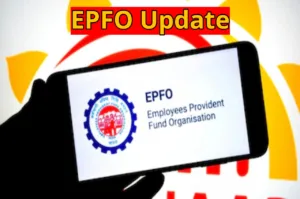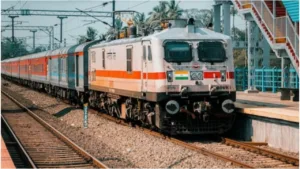NPS: The Central Pension Accounting Office (CPAO) has rolled out a new guideline aimed at ensuring that retired employees receive their pensions promptly. This directive instructs all relevant officials to handle pension cases under the National Pension System (NPS) in the same way as they did with the Old Pension Scheme (OPS). As a result, retired employees can expect their pensions to arrive on time, similar to the previous system. This move is a significant relief for retirees who have faced delays in receiving their pensions. The CPAO is committed to enhancing transparency in the pension distribution process.
CPAO’s directives for officials
The CPAO has reminded officials that pension cases under the National Pension Scheme (NPS) should be processed just like those under the Old Pension Scheme (OPS), as previously communicated on December 18, 2023. Despite earlier instructions, the CPAO has noticed that some offices are still mishandling pension cases. For instance, in situations where two PPO booklets are needed, some offices are incorrectly submitting temporary PPOs in triplicate, which is slowing down the process.
To facilitate a smoother and quicker pension disbursement, the CPAO has urged all relevant officers, including Principal CCAs, CCAs, AGs, and authorized bank CPPCs, to adhere strictly to the established guidelines. These measures are designed to ensure that retirees under the NPS receive their pensions without any delays.
Understanding the difference between NPS and OPS
The distinction between OPS and NPS for government employees has been a hot topic for some time. In January 2004, the central government phased out OPS and replaced it with the NPS. However, after protests and agitations from trade unions and employee representatives, several states later reinstated the OPS. Now, with the announcement of the Unified Pension Scheme, implementation is on the horizon.
Under the Old Pension Scheme (OPS), employees received a guaranteed monthly pension after they retired, which was based on a portion of their final salary. This system provided a solid financial safety net for retirees, as the government fully backed the pension.
In contrast, the New Pension Scheme (NPS) operates on a contribution basis, meaning both the employee and employer contribute a set amount. The pension amount is not fixed and relies on how well the investments perform in the market, which has left many retirees feeling uncertain.
To address these concerns, the Central Pension Accounting Office (CPAO) has introduced new guidelines aimed at streamlining the NPS pension process. Delays in pension approvals had been a significant source of stress for retirees, leading to financial instability.










